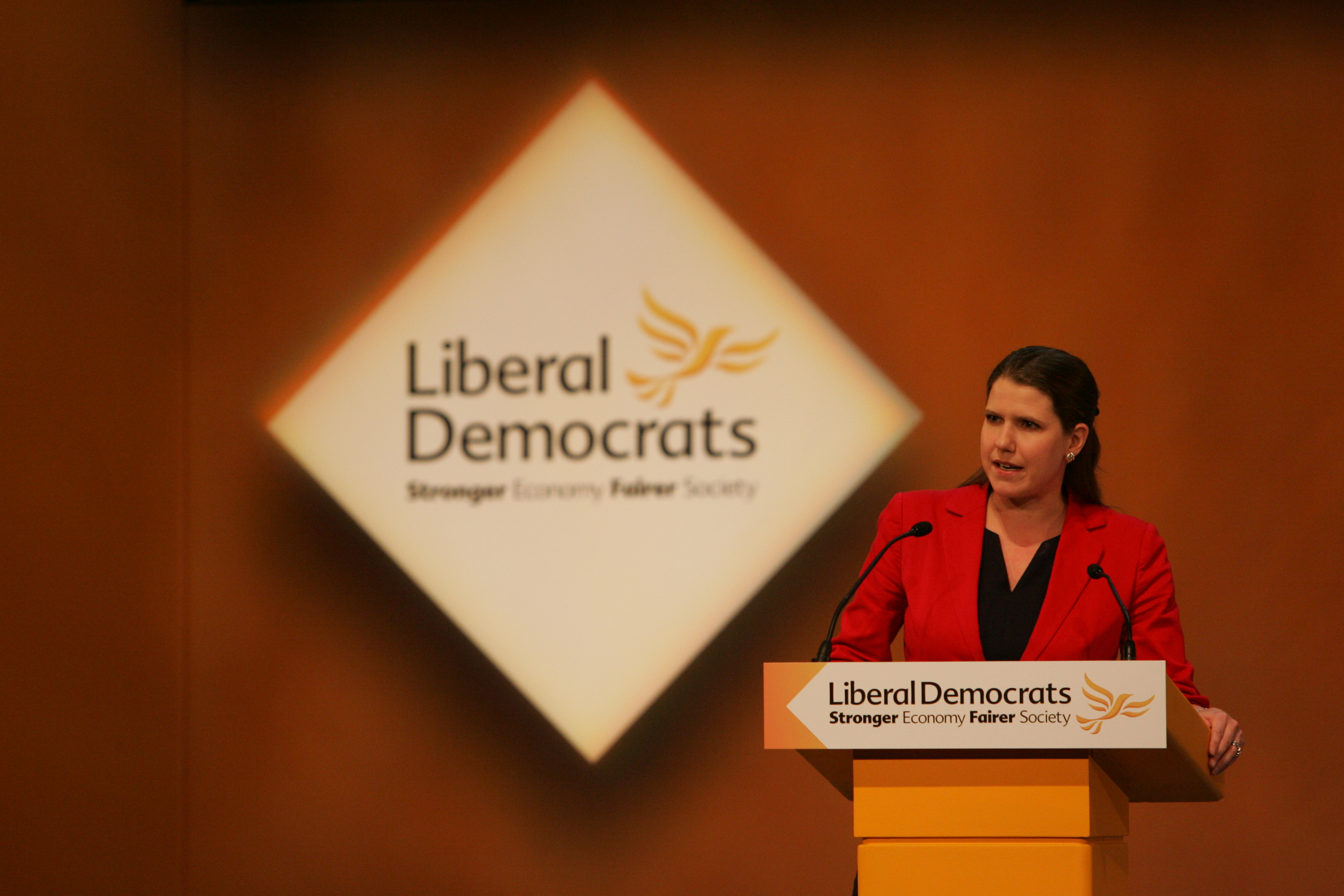From enshrining a right to food in law to fending off facial recognition technology, Liberal Democrat supporters are debating numerous human rights issues at this week’s annual conference.
Lib Dems have been gathering in Bournemouth since Saturday (14 September) to consider which new policies their party should adopt into its manifesto ahead of a looming general election.
EachOther has reviewed the party’s conference agenda – listing for you the main points which touch on human rights:
Scrapping Brexit: EU Charter Of Fundamental Rights
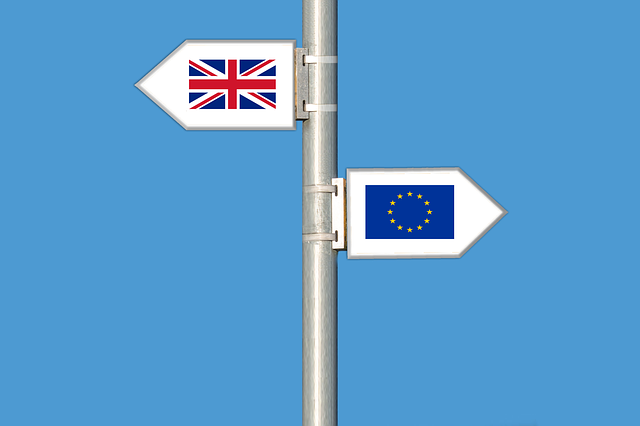
Image Credit: Pixabay.
Lib Dem party members voted on Sunday (15 September) to revoke Article 50 – the legal process by which European Union member states leave the bloc – if elected into power. This essentially means scrapping Brexit.
By staying in the EU, the UK would presumably retain the EU Charter of Fundamental Rights. This contains all the rights that UK citizens are afforded in the separate Convention of Human Rights, and adds in some new ones, such as:
- A right to physical and mental integrity (including rights around personal data);
- A right to asylum;
- A range of social and workers’ rights – including the right to fair working conditions, protection against unjustified dismissal, and access to healthcare, social care, and housing assistance.
The government, with the support of parliament, had voted to scrap these laws in the event of Britain leaving the EU.
Gender Equality
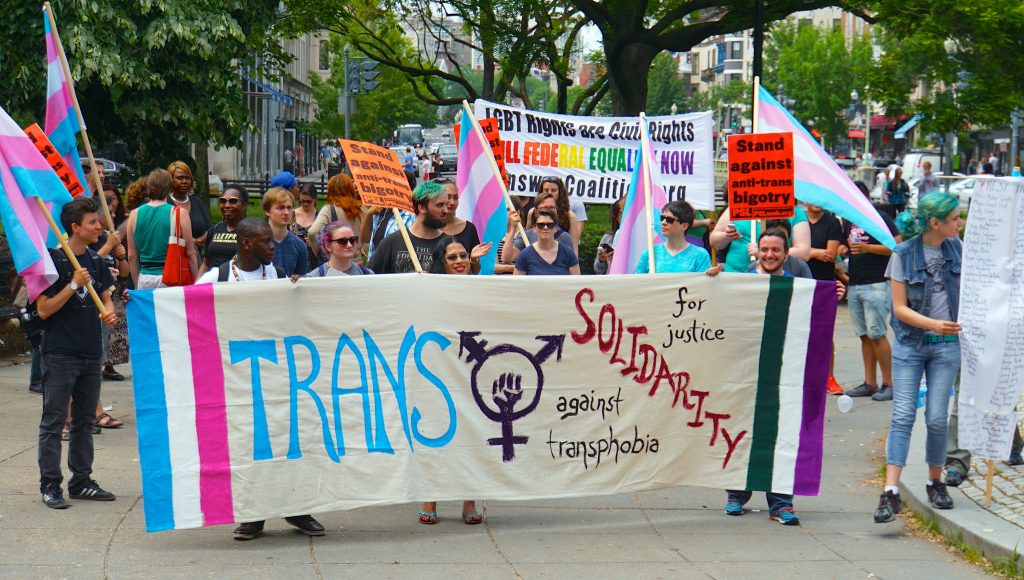
Image Credit: Flickr.
On Saturday (14 September), the Lib Dems passed a motion calling on the government to take six steps that the party deems vital to “the fight for gender equality.” These steps touch on a number of different issues, including domestic violence, period poverty, and parental rights.
The steps are as follows:
- The government should ratify the Istanbul Convention. This treaty, drafted in 2011, sets out minimum standards for countries to agree to in combating violence against women and girls. It has been ratified by 34 countries, but not the UK.
- The government should roll out free sanitary products in schools, hospitals, and food banks, among other places.
- The government should work with the EU to remove VAT on sanitary products.
- It also calls for legislation to be introduced to scrap a gender price gap on consumer goods. Christine Jardine MP writes: “It is blatantly ridiculous that in 2019, products that both men and women use are gendered, and are on average 37 per cent more expensive than when they are for women’s use – whether they are pink razors, girl’s toys, or women’s house insurance.”
- Large companies should be legally required to make public their parental leave policies, to ensure shared parental leave “is a day one right”.
- Finally, it calls for all political parties to be compelled to publish data on the diversity of their candidates and to strengthen MPs’ and councillors’ parental leave entitlements, while ensuring their constituents remain represented.
Prisoners’ Rights: Rehabilitation Of Offenders

Image Credit: Unsplash.
The party on Saturday also voted in favour of what it described as a “holistic rehabilitation” policy, placing “dignity and respect” at the core of the criminal justice system.
Deaths, self harm, and assaults in prisons in England and Wales are at record levels, as shown by Ministry of Justice figures as of the start of 2019. Many of the protections upheld in the Convention of Human Rights apply to prisoners and offenders.
The Lib Dems’ motion consists of six main reforms, based on a 28-page paper by party spokesmen Jonathan Marks and Mike German:
- Legislating for a presumption against prison sentences shorter than 12 months
- Reducing the over-representation of people from black and minority ethnicity (BAME) backgrounds throughout the criminal justice system.
- Ending overcrowding in prisons and recruiting more prison officers.
- Ensuring that all prison leavers have suitable accommodation, a bank account and employment or training, and are registered with a local GP.
- Reforming criminal record disclosure rules and removing questions about criminal convictions from job application forms.
- Investing in a national network of women’s centres: one-stop-shops providing services and support for women in or at risk of entering the criminal justice system.
Read more: What rights do prisoners have?
Right To Marry: Northern Ireland And The Spousal Veto

Image Credit: Unsplash.
Same-sex marriage was introduced in England and Wales in 2013, and in Scotland a year later. However it is not legal in Northern Ireland despite a majority in the Stormont voting to introduce it in 2015, and 76 per cent of people in Northern Ireland supporting it according to a poll conducted by Sky News.
The Stormont has been in deadlock for the last three years amid disagreement among parties. In July, parliament voted in favour of extending same-sex marriage laws to Northern Ireland if devolution cannot be restored before 21 October.
Lib Dem party members on Saturday backed a motion to introduce equal marriage legislation to Northern Ireland as an “immediate priority”. The government must also champion equal marriage across all EU member states, and ensure legal recognition of equal marriage across British Overseas Territories and Crown dependencies, it adds.
This motion also calls for the removal of the “hugely unfair” spousal veto from the Marriage (Same Sex Couples) Act 2013. Under current laws, a couple cannot change their status from same-sex to opposite-sex without the consent of the spouse.
The party’s conference agenda says this “allows the married spouse of a trans person to veto their spouse’s full legal gender recognition and hands a person’s ability to self-identify to their partner, who may not have their best intentions at heart.”
Poverty: Right To Food
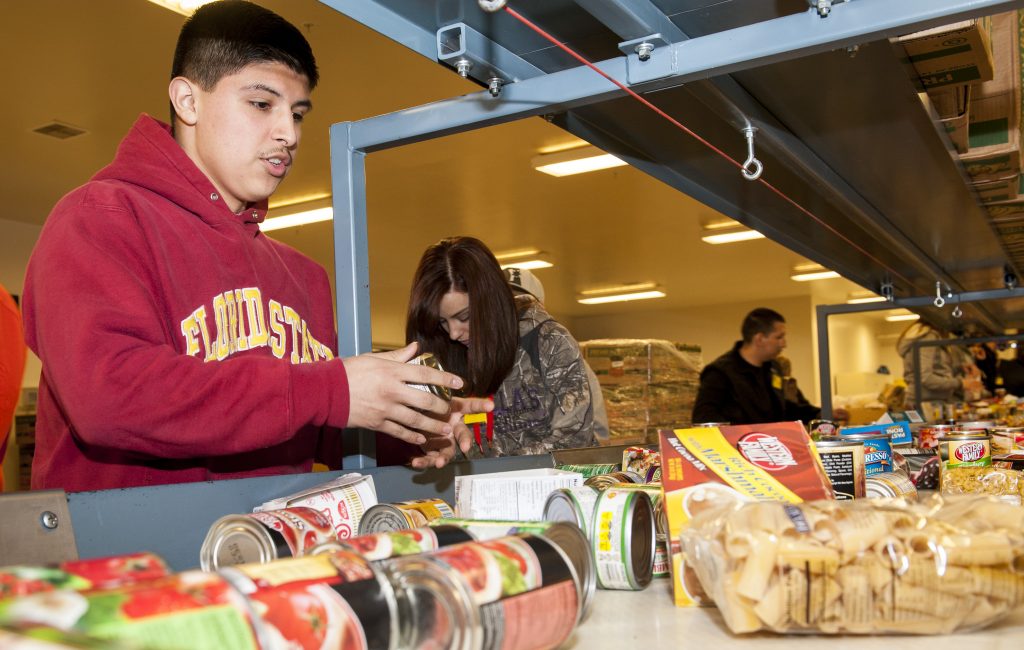
Image Credit: Defense.gov.
The Lib Dems set out their strategy for tackling poverty in the UK in a motion entitled “A Fairer Share For All”, put forward by former leader Tim Farron. It consists of 15 measures in total, combining policies included in earlier manifestos with newer ones. The new policy announcements include:
- A pledge to enshrine a right to food in law to “ensure…public policy is audited to ensure that it will not leave people hungry.”
- Spending £5 billion a year to reduce the five-week wait to receive welfare benefit Universal Credit to five days.
- A pledge to end rough sleeping within five years, by giving local authorities more resources to implement the Homelessness Reduction Act.
Policing: Facial Recognition and Stop and Search
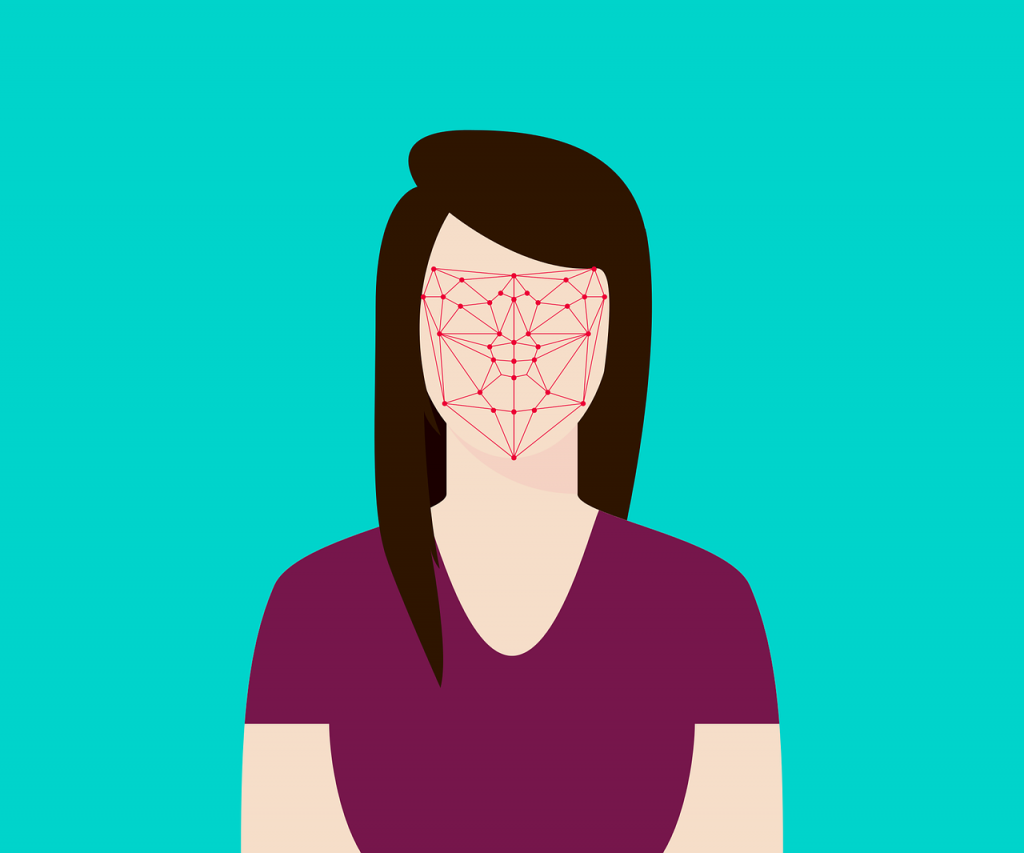
Image Credit: Pixabay.
A motion being debated on Monday (16 September) calls for an immediate halt in the use of facial recognition surveillance by the police. It also calls for the regulation of any use of data and artificial intelligence by the police through primary legislation that ensures it is unbiased, transparent, and accurate, and that it respects the privacy of innocent people.
Human rights groups including Liberty have criticised police use of facial recognition technology as an infringement of the right to privacy, which is protected under Article 8 of the Convention of Human Rights. But earlier this month a High Court deemed the use of the technology by South Wales Police to be lawful.
The Lib Dems are also calling for an end to the “disproportionate use of stop and search”, which has been argued to be discriminatory in targeting people of BAME backgrounds.
These suggested reforms are among more than 20 proposals aimed at tackling UK crime levels. Among these other measures are calls to invest in mental health services to ease pressure on police, and creating an Online Crime Agency to tackle fraud, threats, and incitement to violence on the internet.
Tackling The Climate Emergency

Image Credit: Unsplash.
A motion being debated on Monday sets out more than 30 detailed proposals to tackle the “climate emergency”. While the motion does not appear to classify climate change as a human rights issue – as UN special rapporteur Philip Alston urged in June – it recognises that the “worst impacts will be felt by the poorest people.”
To this end, the motion sets out an endorsed target of achieving net-zero green house gas emissions by 2045, five years ahead of what the previous Conservative government pledged.
Its list of detailed policies includes measures aimed at reducing carbon emissions in housing, transport, agriculture, and industry, and establishing a national “citizen’s climate assembly” to debate and recommend climate policy.
Restrict Power To Deprive Someone Of British Citizenship
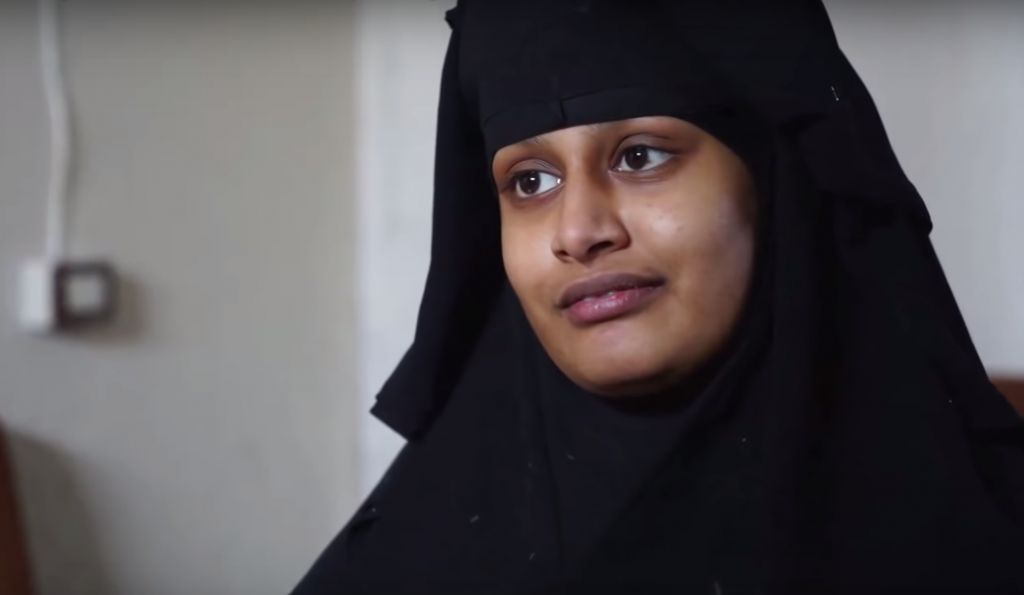
Shamima Begum. Image Credit: BBC.
The Lib Dems will vote on Tuesday on whether to adopt a policy restricting the Home Secretary’s ability to strip people of their British citizenship.
Since 2014, dozens of Brits have been stripped of their citizenship for travelling to Syria and joining proscribed groups – most notably jihadi bride Shamima Begum, 19, from east London.
The Home Secretary has the power to do this under the 1981 British Nationality Act, which was further expanded in 2002, 2006, and 2014. The Lib Dems note the use of this power has increased “dramatically” from four cases in 2014 to 104 in 2017, including cases where people have “unlawfully” been made stateless. As reported by EachOther, it is against international law to make someone stateless.
The Lib Dems propose seven reforms to curtail the Home Secretary’s powers, including:
- Restricting the power to naturalised citizens whose citizenship has been fraudulently or dishonestly obtained, or who have done something “seriously prejudicial to the vital interests of the UK”, and depriving citizenship is a proportionate response necessary for national security.
- The power cannot be used if this would make someone stateless.
- The best interests of any child affected by the use of this power should always be taken into account.
- The Home Secretary must apply to the courts to seek permission and demonstrate the the above three requirements have been met.
Scrapping Section 21 No Fault Evictions

Image Credit: Elite Ayrshire Business Circle / Flickr.
Landlords can currently evict tenants without a reason under Section 21 of the Housing Act 1988. The Lib Dems, among numerous other groups, say this is forcing more people into homelessness and creating a burden on local authorities.
Landlords have argued this regulation provides them with the flexibility they need to reclaim properties from problematic tenants, without having to take matters to court and incurring costs.
In July, the government launched a 12-week consultation on reforming the legislation which is due to end in October.
On Tuesday, the Lib Dems will vote on abolishing Section 21 as part of their manifesto. The motion also includes a call to reform the court process to grant landlords easier access to justice in the event tenants are found in breach of their tenancy agreements.

